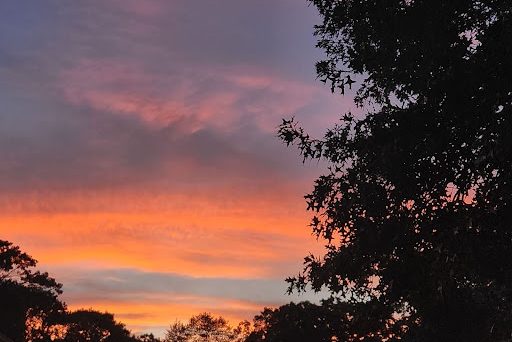
November 3rd, 2024, 2am. Another glance at the clock will show that the time is 1 am indicating that an entire hour has seemingly disappeared into nothingness.
This bi-yearly occurrence of setting clocks backward an hour in the fall and forward an hour in the spring is a practice commonly known as daylight saving time that has been disorienting people for decades.
According to an article published in Time Magazine, the practice started during WWI, first implemented by Germany and Austria in 1916 and later by the US in 1918. The purpose of daylight saving time was to maximize the daylight for soldiers and workers building resources for the war.
The US standardized daylight saving time in 1966, but ultimately left the choice to implement it up to the individual states’ discretion.
Currently, only 48 out of the 50 states in the US practice daylight saving time, Hawaii and Arizona being the two outliers.
While the initial purpose of daylight saving time was to aid in war efforts, we now use it to make better use of natural daylight and to help conserve energy in general. Still, there are debates among the public on whether daylight saving time is still necessary.
Many people, such as South Windsor High School senior Cameron Adduci, dont appreciate the time change and see daylight saving time as unnecessary.
“Losing that time of light makes it feel like I’m forced inside and it makes the day feel so much shorter,” Adduci said.
He would much rather have it be darker in the mornings and have more light in the evenings.
“Some states don’t even do it anymore, so why do we?” Adduci said.
On the other hand, junior Grace Monahan isn’t too bothered by daylight saving time.
“It doesn’t affect me much, but I just think it’s a little out of the way,” Monahan said. “It’s not a bad thing, and I think it would take a lot of work to get rid of it.”
Whether daylight saving time will become a ritual of the past in the coming years is yet to be seen. In the meantime, mornings will be lighter and the afternoons much darker until we spring forward again in March.









